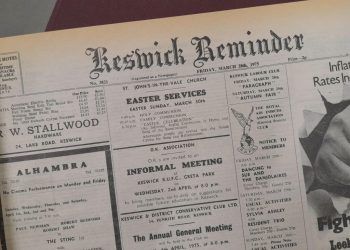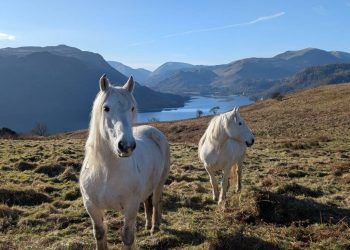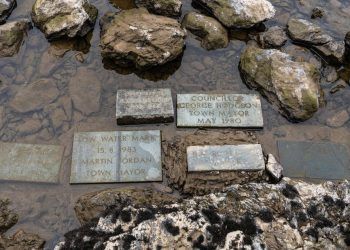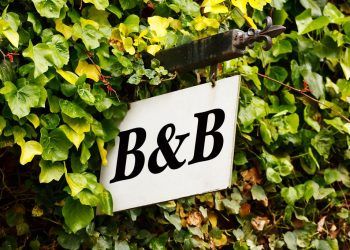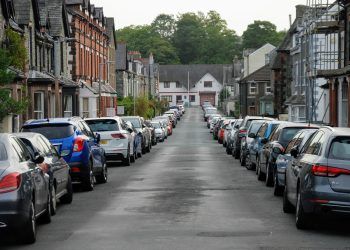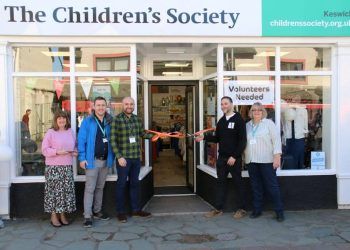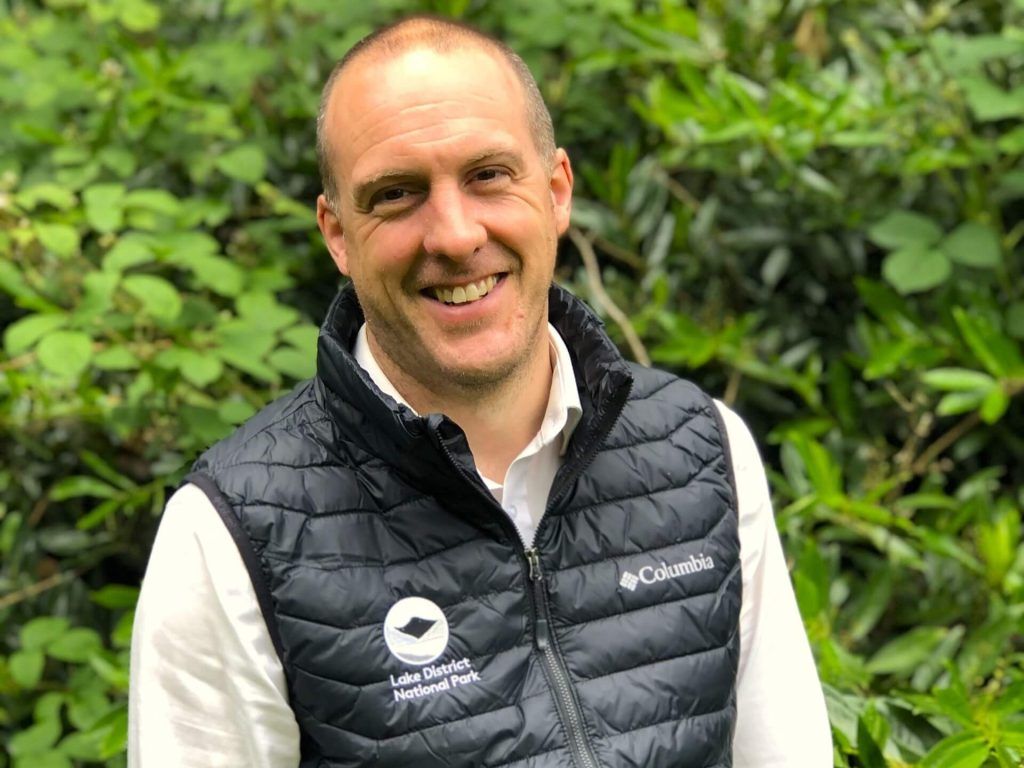
The Lake District National Park Authority’s new chief executive has vowed to do “as much listening” as possible over the next six months to help shape a future vision of the park which everybody can engage with.
“I think there is a really important role for me personally in taking stock and doing a bit of listening to our local communities,” said Gavin Capstick, who officially took over from Richard Leafe this week.
A Cumbrian born and bred, Mr Capstick joined the authority in 2018 as head of programmes and resources before being appointed its director of visitor services and resources in 2022.
That role saw him overseeing a lot of the organisation’s corporate back office functions, but as chief executive he will be much more public facing and has already begun getting out and meeting people in communities served by the 900 square-mile national park.
Saying hello to and hearing from people who live and work in, or visit, the Lake District, is something which Mr Capstick says he is “very excited” about as he bids to make the authority one that actively listens to the communities it serves.
“My priorities are about getting out a little bit more and trying to re-engage with local communities,” he said. “Pre-Covid we had some really sound structures in place in terms of ensuring that we were engaging and listening to representatives of local communities, but we haven’t really struck them back up post-Covid and that is something I’m really keen to put back in place.
“We do have to be a little bit more active in the way that we engage with local communities and we do need to demonstrate that we are listening a bit more.”
Last month, he started getting out and about meeting various community groups, individuals, business owners and parish councils – and by Christmas he hopes to have made his face known to representatives of a good proportion of the 80 or so parish councils that populate the Lake District. Meetings are set to be held over the next two or three months with clusters of parish councils from the five areas which the park is divided up into, including the north distinctive area, which includes Keswick.
About 200 staff are employed by the LDNPA – including the rangers who residents and visitors see out and about doing day-to-day work on the ground.
At present, the authority receives £5.6m a year as part of a direct national park grant from the Government along with another £1.5m for farming in protected landscapes, which is distributed directly to farmers and local landowners to fund projects which improve the natural landscape or support cultural heritage.
In addition, the commercial arm of LDNPA, which includes the Brockhole visitor centre and Coniston Boating Centre, along with car parking charges and planning application fees, helps generate an extra £6m to £7m – giving the authority a gross budget of about £15m to £16m.
Criticism has been levelled in the past that the wrong weight has been put on conflicting issues facing the national park, particularly those of conservation and economic growth.
“It is a tightrope act, or rather, it is about balance,” said Mr Capstick.
“We have got two statutory purposes as a national park authority – the first is to conserve and protect the environment, the natural beauty and the cultural heritage of the Lake District and the second is to promote understanding and enjoyment of it and the challenge for any national park authority, but particularly one that has a large visitor economy like the Lake District, is to try and achieve balance between those two things.
“To make sure that we welcome visitors, but that we try to do so in a way that is supportive and beneficial to our local communities as well.”
In terms of car parking for visitors, Mr Capstick said he was going to push for a more co-ordinated approach to the pop-up temporary car parks that are permitted under the 28-day rule, whereby a landowner can open a car park for 28 days across the year without planning permission having to be obtained.
During the pandemic, that rule was extended to 56 days, before being taken away again, and Mr Capstick said it would be really useful if it was reinstated as it would help ease the parking challenges which come with being a popular destination for visitors.
“That is something that we can explore with central Government as it is set under national planning policy at the moment,” he said.
As part of its planning function, the LDNPA also gets a big say in where housing is built and Gavin said the authority would certainly like to see more affordable homes built across the Lake District, but admitted that it was really difficult to identify new appropriate sites for housing development.
“Partly it is difficult because we do want to conserve and protect the nature of the national park and conservation areas like Keswick, but that doesn’t mean we don’t keep trying, because we do think there is a housing challenge in the national park that needs to be addressed,” he said.
“It has to be proportionate. It has to be balanced and in the right context with existing housing, but we would certainly like to see a growth in affordable housing for young people and families in the Lake District because we have got a pretty challenging housing market.
“But what we are not talking about is thousands of new houses, because that is not appropriate and not what you could expect to see in a national park realistically.”
Mr Capstick said he thought the proposed surcharge on council tax for second homes was a good thing which could help rebalance the housing market a little bit.
He is also in favour of a proposed change of use class which would see planning permission effectively being required before a private residence could be turned into an Airbnb.
“There is space for a blend of accommodation types – hotels, guest houses and self-catering, including Airbnb, but I think there does need to be greater controls on that market to make sure that too many residential dwellings aren’t lost.
“We want to see thriving and sustainable communities right across the national park,” he added.
Mr Capstick, who grew up in Brough, attended Kirkby Stephen Grammar School before going to university in Derby. He is a married father-of-three and continues to live in Eden.


